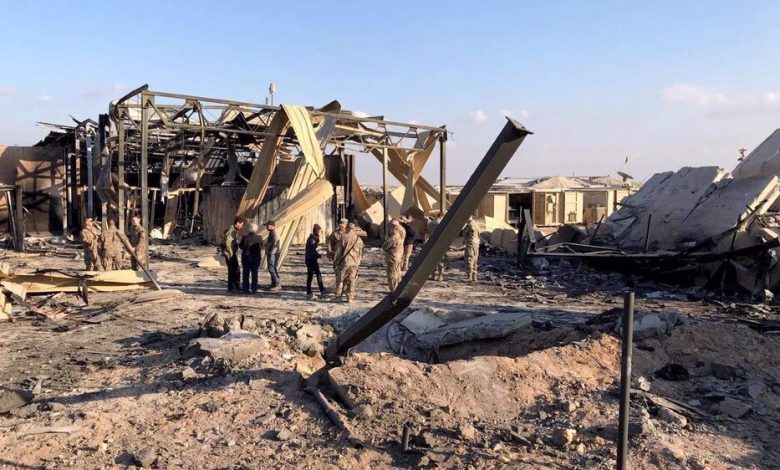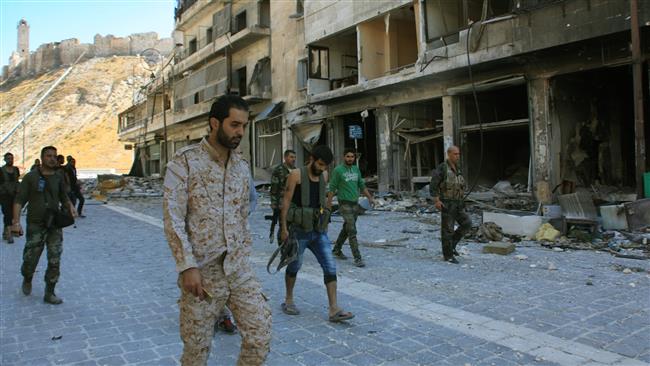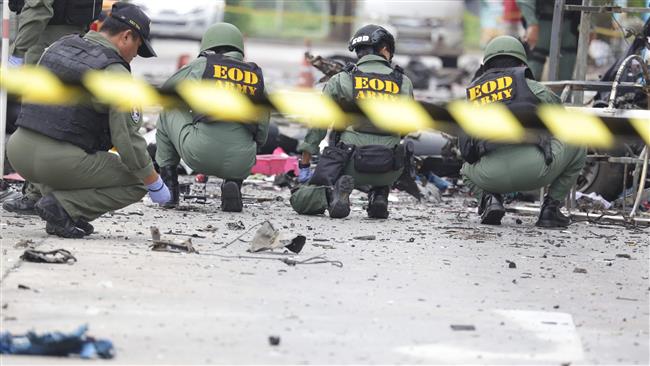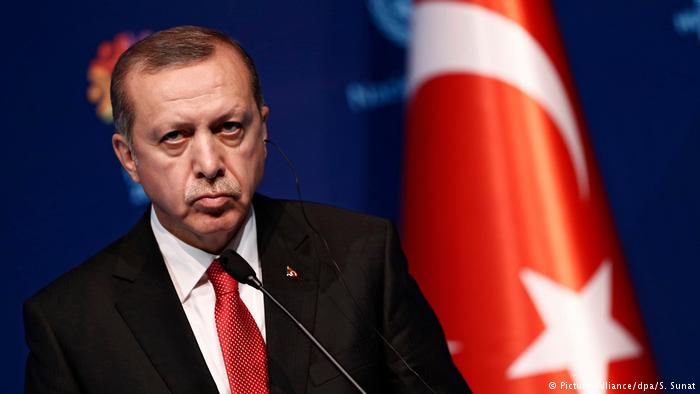IRGC’s missile strike on US-run Ain al-Asad base ‘major psychological breakthrough’: Commentator
The Islamic Revolution Guards Corps (IRGC) retaliatory missile attack on the US-run Ain al-Asad base in Iraq was a “major psychological breakthrough,” setting an example for other countries to take retaliatory action against the US, says a commentator.

Zafar Bangash made the comments on Press TV’s Spotlight Sunday edition on the third anniversary of the IRGC’s air strike on Ain al-Asad base in retaliation for the assassination of Lieutenant General Qassem Soleimani in a US drone strike near Baghdad International Airport on January 3, 2020.
“What is absolutely incredible is that this was the first time in contemporary history that any country has been able to carry out such a retaliatory strike against the United States,” said Bangash, the director of the Institute of Contemporary Islamic Thought.
According to Bangash, Iran’s attack on the US bases in Iraq shattered the American invincibility myth.
What the Islamic Republic of Iran did “was to break that major psychological barrier in hitting the US forces hard and therefore, set an example for other countries that they can take retaliatory action against this rouge regime,” he said.
Bangash further reiterated Iran’s inherent right to respond to General Soleimani’s assassination, citing the United Nations Charter’s chapter 7 article 51 which provides for the right of countries to engage in self-defense, including collective self-defense, against an armed attack.
He also called the assassination a “war crime,” making a reference to the UN rapporteur Agnes Kalamar’s report following the assassination.
‘An accurate attack’
Elsewhere in his remarks, he lauded the accuracy of the missile attack and “the blows that were inflicted on the Americans.”
The US “got a message that the Islamic Republic of Iran is capable and willing to be able to take action against any aggression that is imposed against it,” he said.
He also praised Iran’s “courageous leadership” that is prepared to stand up for its rights and not be bullied into submission.
The IRGC’s missile attack on the US-run air base in Iraq has started the process of the US withdrawal from the region, he added.
And once the Americans are driven out of the region completely, he said, “I think it would be possible for the Muslims to deal with the other illegitimate entity, the Zionist regime.”
‘US downplayed attack to avoid escalation’
Bangash argued that the then-US president Donald Trump tried to downplay the impact of the strike to avoid further escalations.
“They had to back down by downplaying the significance of the Iranian missile retaliatory strike, because they knew that if they escalated this they are going to suffer number one,” he added.
General Soleimani, Commander of the Quds Force of IRGC, Abu Mahdi al-Muhandis, the second-in-command of Iraq’s Popular Mobilization Units (PMU), and their companions were assassinated in a US drone strike authorized by former US president Trump near Baghdad International Airport on January 3, 2020.
Both commanders were highly revered across the Middle East because of their key role in fighting the Daesh Takfiri terrorist group in the region, particularly in Iraq and Syria.
Two days after the attack, Iraqi lawmakers approved a bill that required the government to end the presence of all foreign military forces led by the US in the country.
On January 8, 2020, the IRGC targeted the US-run Ain al-Asad base in Iraq’s western province of Anbar with a wave of missile attacks in retaliation for the assassination of General Soleimani, describing its missile attack as a “first slap.”
According to the Pentagon, more than 100 American forces suffered “traumatic brain injuries” during the missile strike.




